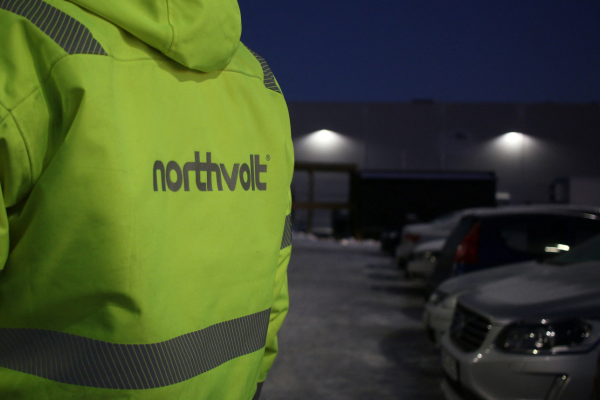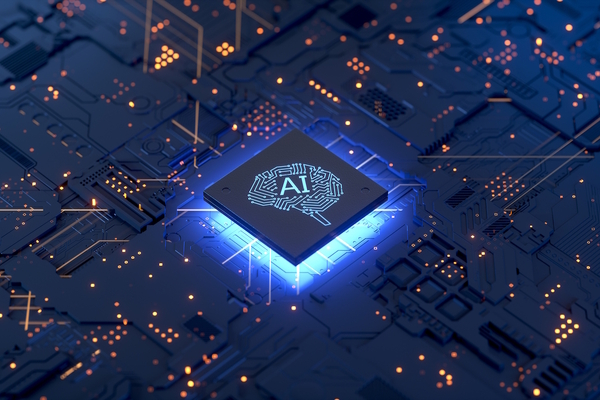Three ways knowledge work automation and AI will change the way we work in 2024
Sponsored by M-FilesAntti Nivala, Founder and CEO, M-Files
According to Harvard Business Review, knowledge workers spend an average of 41 per cent of their day on unsatisfying activities that do not use their primary skills. For most people reading, that’s over three hours wasted on work that could and should be automated.
With the economic turbulence of 2023 continuing into 2024, it doesn’t take a crystal ball to predict that the way they manage knowledge work could prove to be make-or-break for many organisations this year.
Any sector that relies primarily on people who exercise knowledge, critical thinking and creativity in their daily activities will soon realise that properly unleashing the potential in knowledge workers, maximising productivity and in turn, client satisfaction, could be the highest priority for 2024.
But what are the specific trends and opportunities that will define and shape the next evolution of knowledge work this year, and how can organisations prepare to leverage them for maximum gain? Here are my top three predictions for how knowledge work automation and AI will impact the way we work in 2024 and beyond.
Prediction 1: knowledge work gets holistic
It’s clear that the productivity of knowledge workers is critically important to the growth and profitability of any business. Since knowledge workers perform best in a state of flow – where they can be creative, think freely and solve problems – forward-thinking companies in 2024 will find ways to keep the flow state going.
This year, we can expect organisations to approach knowledge work in a more holistic manner to increase the productivity of knowledge workers by embracing automation. Knowledge work automation helps eliminate information chaos and improve process efficiency, which reduces the amount of time-consuming manual tasks and frees knowledge workers to work smarter, add value and drive better customer experiences. In fact, in a 2023 analyst study, knowledge work automation was found to increase workflow efficiency by 70 per cent and document search by 50 per cent – a time saving that translated to a significant financial ROI of 294 per cent!
Prediction 2: Integrations and data curation, a must-win transformation
While maintaining the flow state is critical for productivity, a lack of integration between business systems prevents that flow of information, creating silos that even AI can’t easily overcome. It’s a common misconception that you can point an AI assistant towards any pile of documents and get reliable results. The reality is that content must be accessible, cleaned, validated and seamlessly integrated for AI to work effectively. Getting the house in order by connecting critical systems will drive productivity, reduce risk and transform internal and external collaboration. It also enables organisations to reap the benefits of ever-advancing AI technology.
As a result, this year we can expect organisations to prioritise the curation of data across systems to ensure they can effectively feed their AI tools the right data to gain a competitive advantage.
Prediction 3: Generative AI becomes more prevalent
The emergence of GenAI will continue to level up the effectiveness of knowledge work. Expect to see businesses leverage AI to automate data classification, extract deeper data meaning and interact with that information using natural, everyday language. Knowledge workers will easily harness the knowledge embedded not only in documents but also from virtual meetings and conversations, such as video calls and virtual chats. By unlocking an organisation’s total intellectual capital, knowledge workers will be more productive and insightful. And that, in turn, creates happier customers.
However, caution must be exercised. While GenAI offers huge potential value by automating repetitive tasks and enabling employees to focus on more creative, profitable work, it brings challenges.
Customisation for specific use-cases, reliability of generated output, regulation and a shortage of talent with GenAI expertise will all need to be addressed. With AI assistants relying on quality and current content to provide reliable responses, data governance will become a key focus in the upcoming year.
Expect organisations to carefully assess the safety, security and regulatory implications of AI before widespread adoption can even start in 2024.
With the new reality of constant global economic uncertainty, organisations will continue to evaluate long-term investments carefully in 2024. Companies will walk the fine line of balancing risk and cost, coupled with the fear of missing out on the latest innovative tech. But there is no arguing the benefits that a holistic approach to knowledge work automation and effectively leveraging GenAI technology have the potential to bring in 2024 and beyond.
Antti Nivala is Founder and CEO of M-Files, a global leader in knowledge work automation. To learn more about M-Files and the future of knowledge work automation, click here.

Business Reporter Team
Most Viewed
Winston House, 3rd Floor, Units 306-309, 2-4 Dollis Park, London, N3 1HF
23-29 Hendon Lane, London, N3 1RT
020 8349 4363
© 2024, Lyonsdown Limited. Business Reporter® is a registered trademark of Lyonsdown Ltd. VAT registration number: 830519543





